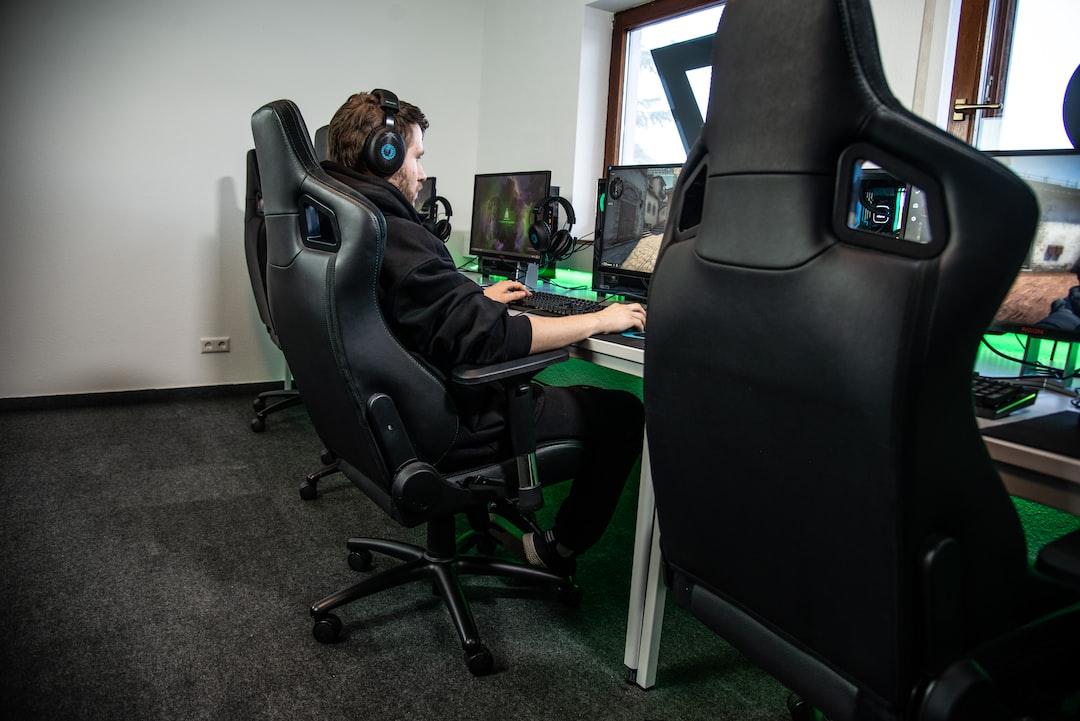The Role of Women in the Gaming Industry
Gaming has become an integral part of our society, captivating millions of people of all ages across the globe. The industry has witnessed a tremendous rise in popularity, and with it, an increased demand for diversity and representation. In recent years, women have been making significant strides and breaking barriers in what was once perceived as a male-dominated field. This blog post aims to shed light on the role of women in the gaming industry and the immense contributions they have made.
Historically, women have faced a multitude of challenges when it comes to entering the gaming industry. The prevailing stereotype that gaming is male-centric created an environment where women were overlooked and undervalued. However, times are changing, and women are proving their worth, talent, and passion for gaming.
Despite the obstacles, many women have emerged as industry leaders and trailblazers, leaving a lasting impact on the gaming landscape. One such example is Brenda Romero, a game designer and developer recognized for her groundbreaking work. With a career spanning over three decades, Romero has significantly influenced the industry by creating games that challenge social norms and encourage inclusivity. Her achievements have allowed her to break through gender barriers and inspire future generations of women in the gaming industry.
Women are also making their mark on the competitive gaming scene, once considered a male-dominated space. The rise of esports has provided a platform for women to compete at the highest level. Female gamers like Sasha “Scarlett” Hostyn and Katherine “Mystik” Gunn have defied gender stereotypes and become champions in their respective games. These women serve as role models, showcasing the immense talent and dedication that exists within the female gaming community.
Furthermore, women have taken significant strides in various aspects of game development, including programming, design, writing, and art. Their unique perspectives and creative inputs have enriched the gaming experience, leading to more inclusive and diverse gameplay. Many games now feature strong, well-rounded female characters, challenging the conventional depiction of women in the industry. Characters like Lara Croft from the “Tomb Raider” series and Aloy from “Horizon Zero Dawn” have become icons, resonating with players of all genders.
In recent years, the gaming industry has shown a greater commitment to addressing gender disparities and fostering an inclusive environment. Various organizations, such as the Women in Games International (WIGI) and the International Game Developers Association (IGDA), have been working tirelessly to promote diversity and inclusivity. These organizations offer mentorship programs, networking events, and scholarships to support aspiring female professionals in the industry. They also conduct research and advocate for equal opportunities and representation within the gaming sector.
Moreover, the gaming industry has witnessed an increased number of women in leadership positions. Women like Kim Swift, Amy Hennig, and Jade Raymond have broken barriers as game directors, producers, and executives. Their leadership has been instrumental in shaping the industry, and their success serves as a testament to the potential for growth and change.
Despite the progress made, there is still work to be done. Women continue to face challenges such as online harassment, unequal pay, and biases in hiring and promotion. It is crucial to create safe spaces where women can thrive and be free from discrimination. By fostering an environment that promotes diversity and inclusivity, the gaming industry can tap into a vast talent pool and create more authentic and relatable gaming experiences.
In conclusion, women have played a vital role in shaping the gaming industry and breaking through gender barriers. From designing games to competing at the highest level and leading development teams, women have proven time and again that they belong in the gaming world. It is imperative for the industry to continue supporting and empowering women, as their contributions will undoubtedly lead to a more inclusive and diverse gaming landscape. By challenging stereotypes and embracing talent, the gaming industry can pave the way for a brighter and more inclusive future.

